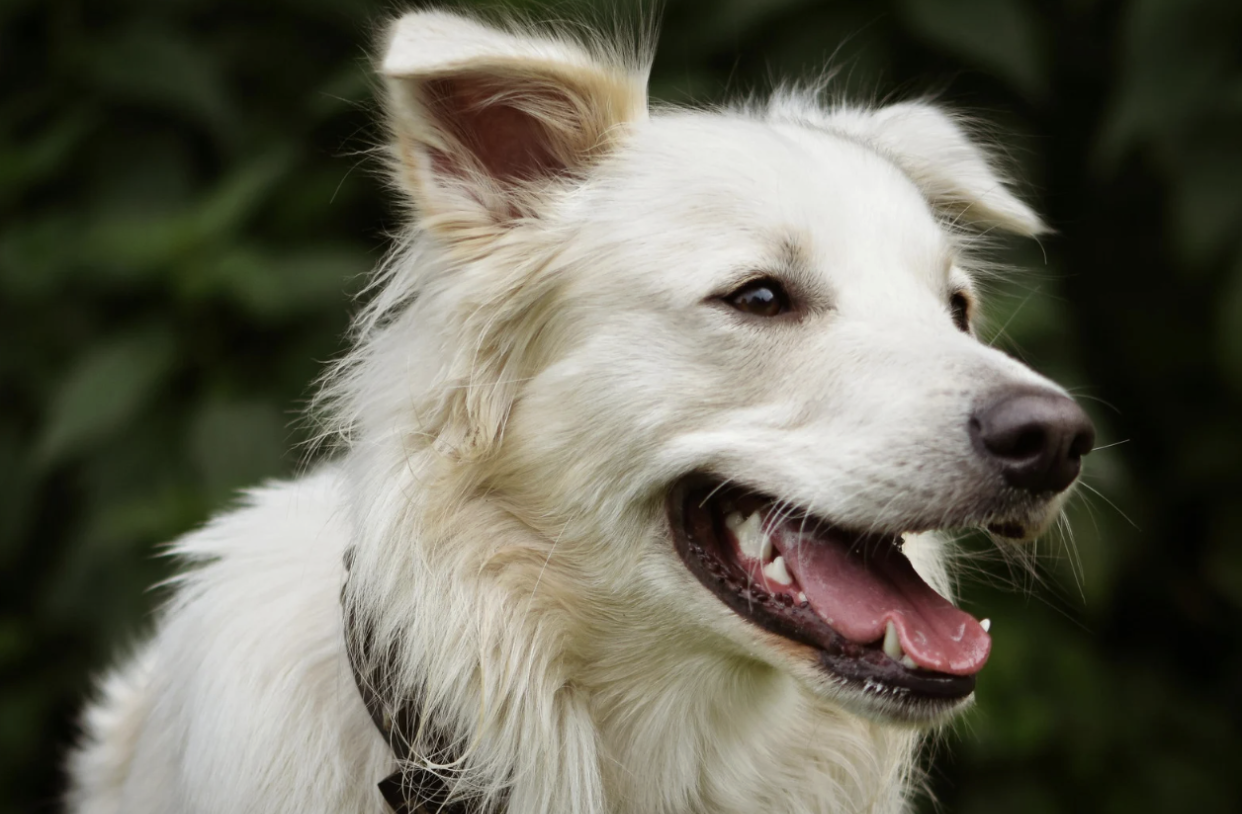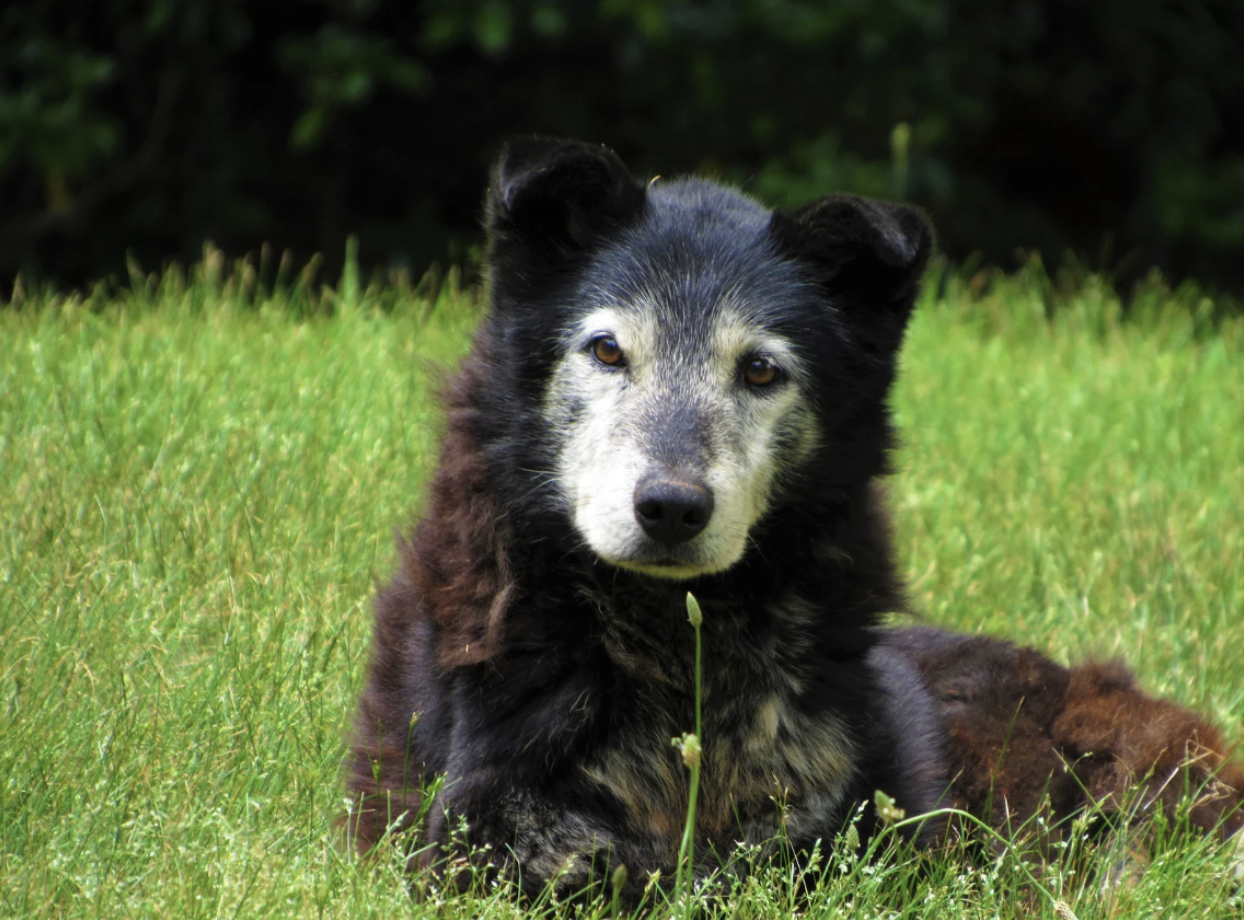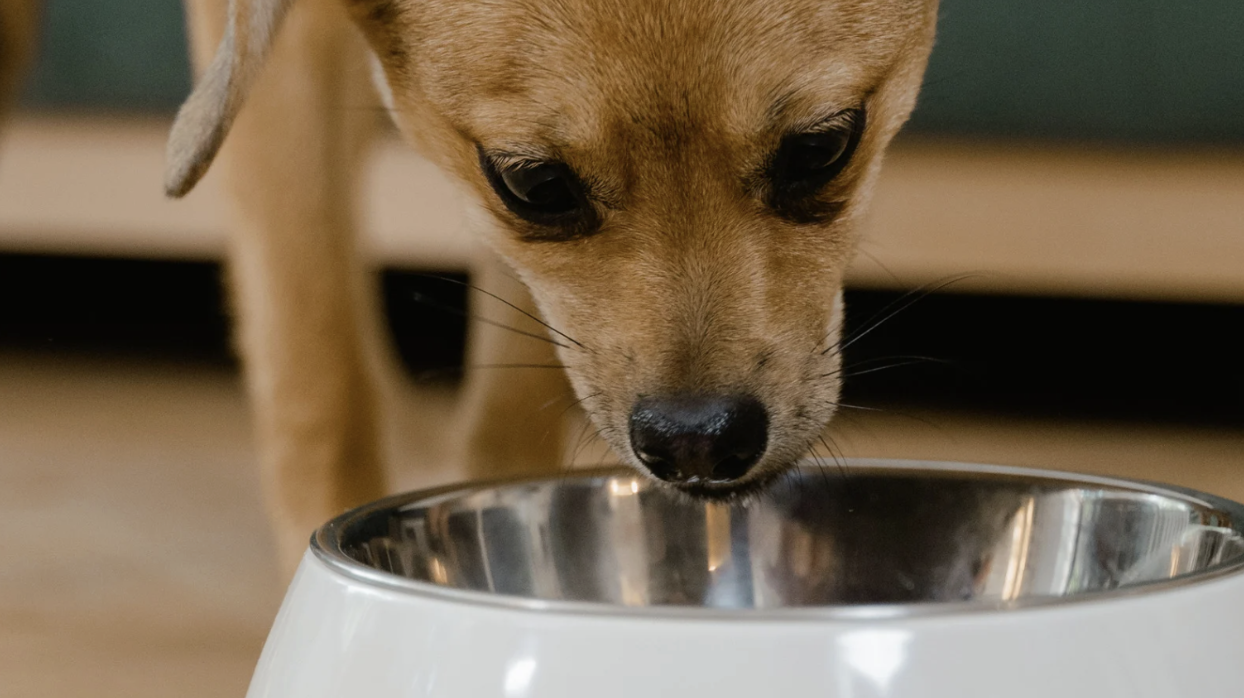


Does Your Dog’s Diet Impact Their Dental Health?
Yes! A dog’s diet plays a significant role in maintaining oral hygiene and overall health. Poor dental hygiene can lead to plaque accumulation, gum disease, and even systemic infections. While brushing and professional dental cleanings are essential, diet plays a crucial role in supporting dental health between cleanings.
Periodontal disease is one of the most common health issues in dogs, affecting over 80% of dogs by the age of three. Poor oral hygiene can lead to serious health problems, including:
Maintaining good oral hygiene through diet and dental care can significantly reduce the risk of these conditions.
A dog’s oral health is crucial to their overall well-being. Poor dental hygiene can lead to plaque buildup, gum disease, and even systemic infections affecting major organs. Just like humans, dogs require regular dental care, and diet plays a vital role in preventing dental issues.

Daily brushing using pet-safe toothpaste helps reduce plaque and tartar. Additionally, scheduling professional cleanings with your veterinarian ensures thorough removal of hidden bacteria. However, diet also plays a major role in maintaining healthy teeth between cleanings.
Certain types of pet food promote dental hygiene by naturally cleaning teeth through chewing. Others, however, may contribute to plaque buildup and decay. The right balance of ingredients can prevent common dental issues and keep your dog’s breath fresh.

1. Dry Kibble vs. Wet Food
2. Raw Food Diets
3. Dehydrated Foods
Certain nutrients play a crucial role in maintaining strong teeth, healthy gums, and reducing oral bacteria:

Certain foods contribute to plaque buildup and poor oral health:
Note: Although high-carbohydrate diets have often been blamed for plaque, research shows that high-protein diets can also contribute to tartar, as many oral bacteria in dogs thrive on protein as well. Therefore, it’s not always clear that carbs are worse than protein for dental health. A balanced diet, combined with regular dental care, is key.

Certain chews and toys can help reduce plaque and tartar buildup, but they should complement, not replace, daily oral care.

The Science Behind Petsona’s Dehydrated Fresh Food
Petsona is the first brand in Hong Kong to apply dehydration technology to daily pet food. By carefully dehydrating fresh ingredients, we preserve essential nutrients while extending shelf life—all without artificial preservatives. Our recipes are formulated to exceed AAFCO and FEDIAF minimum nutrient requirements, ensuring not just compliance but optimal nutrition for dogs. We go beyond the basics to provide a diet that supports overall health, longevity, and well-being.

Every dog has unique nutritional needs. Petsona uses a proprietary algorithm developed by veterinary nutritionists to create customized meal plans. Whether your dog requires specific dental support, weight management, or allergy-friendly options, we tailor meals accordingly.

Your dog's diet plays a crucial role in preventing plaque buildup, gum disease, and bad breath. While kibble and wet food have pros and cons, dehydrated meals and dental-specific diets offer an optimal balance of nutrition and oral benefits.
Key Takeaways:
By selecting the right diet and practicing good dental hygiene, you can significantly improve your dog’s oral health and overall well-being.
1. How often should I brush my dog's teeth to maintain optimal oral health?
Daily tooth brushing is considered the gold standard for preventing periodontal disease in dogs. Studies have shown that brushing three times a week may be sufficient to maintain gingival health in dogs with healthy gums at baseline. However, in dogs with existing gingivitis, daily brushing is necessary to achieve and maintain healthy gums.
2. Are dental chews effective in reducing plaque and tartar buildup?
Yes, incorporating dental chews into your dog's routine can significantly reduce plaque and tartar accumulation. Research indicates that adding a dental chew to the diet results in notable reductions in plaque and calculus accumulation, as well as improvements in gingival health and reduction of oral malodour.
3. Does the type of food (dry vs. wet) affect my dog's dental health?
Diet plays a crucial role in canine oral health. Studies suggest that dogs consuming dry foods have lower breath odour, less tooth plaque buildup, and an oral microbiota population more closely associated with oral health compared to dogs consuming wet foods.
4. Can certain dietary supplements improve my dog's oral health?
Supplementing your dog's diet with specific additives can support oral health. For instance, the seaweed Ascophyllum nodosum has been shown to reduce both calculus and plaque accumulation after oral administration in dogs. It's recommended to administer Ascophyllum nodosum to dogs after oral prophylactic procedures to reduce the recurrence of plaque and calculus formation.
5. What are the risks associated with not maintaining my dog's dental hygiene?
Neglecting your dog's dental hygiene can lead to periodontal disease, which is prevalent in over 80% of dogs aged three years and older. This condition can cause plaque and tartar buildup, gingivitis, tooth decay, and even systemic infections affecting major organs such as the heart, liver, and kidneys.
6. How does diet affect my dog’s dental health?
Certain foods provide mechanical cleaning, while others contribute to plaque buildup and bacterial growth. Choosing the right diet can help maintain dental hygiene.
7. What is the best diet for dogs prone to dental disease?
A low-carb, high-protein diet with added dental chews can assist with reducing plaque. Special dental kibble and VOHC-approved treats can help.
8. Can dental chews replace tooth brushing?
No. Daily brushing remains the most effective method to prevent plaque buildup. Dental chews can complement brushing but should not replace it.
9. Why should I choose dehydrated food over traditional kibble?
Dehydrated food retains over 90% of fresh ingredients’ nutrients while eliminating artificial preservatives. Unlike kibble, which often contains high-carb fillers, Petsona’s formulas provide a balanced, easy-to-digest meal that supports dental and overall health.
10. How does Petsona ensure its meals meet my dog's specific needs?
Petsona uses a proprietary algorithm developed by veterinary experts to create personalized meal plans. We consider factors like breed, age, health conditions, and dietary sensitivities to ensure each meal is tailored to your dog’s unique requirements.


